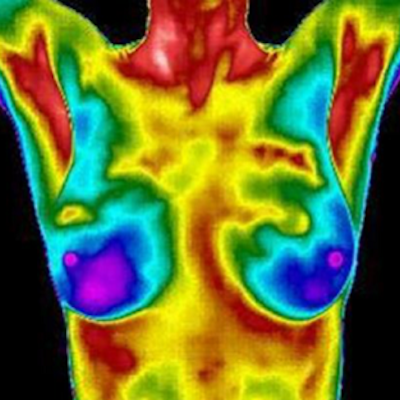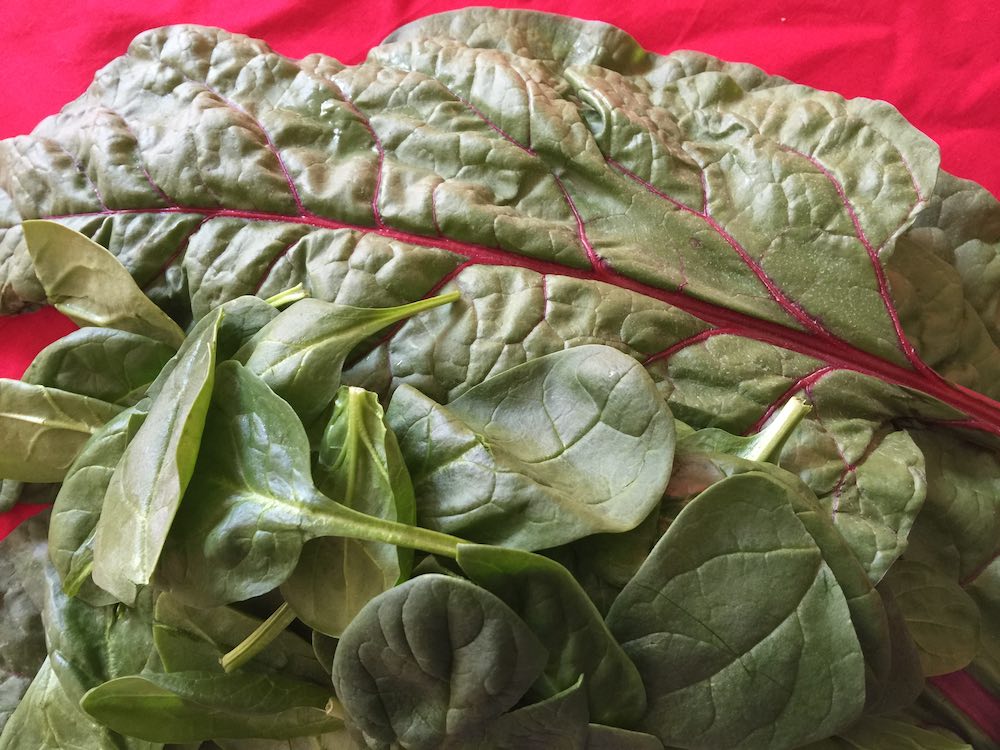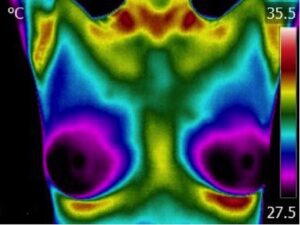We have heard about the importance of magnesium for good bone and heart health and may not be aware of its importance for good breast health.
Magnesium for Vitamin D Synthesis
Even if you are getting enough Vitamin D, without enough magnesium, you may not be able to raise your blood levels of Vitamin D and a Vitamin D level of 70-90 ng per ml is cancer protective.
Too much Calcium without enough Magnesium
Eating too much calcium-rich food and/or taking calcium supplements without eating magnesium-rich food and/or supplementing with magnesium may lead calcium out of the bones and into other organs of the body where it shouldn’t be, like the breasts. These calcium deposits are called calcifications, and in and of themselves they are not a risk factor for cancer. However, clusters of microcalifications in the breasts detected by a mammogram may lead to biopsy.
Magnesium helps detoxifies metals
The antioxidant glutathione requires magnesium for its synthesis and glutathione is needed by the liver to detox aluminum, mercury, lead, cadmium, beryllium, and nickel.
Why are we deficient in Magnesium?
“Because of soil depletion, crops grown decades ago were much richer in vitamins and minerals than the varieties most of us get today” says this 2011 article in Scientific American. Every year, as the article also states, “It gets worse”.
The majority of people get their calcium from dairy and dairy is not a rich source of magnesium. Also lactose in dairy inhibits magnesium absorption.
Heavy alcohol consumption depletes magnesium, which could be one reason that drinking more than 2 alcoholic beverages a day raises breast cancer risk.
How do we increase Magnesium?
- You can increase magnesium levels by reducing dairy consumption and eating dark, leafy greens like spinach and swiss chard, and nuts, like almonds, and sesame seeds.
- Eat more steamed/lightly cooked dark, leafy greens vs. raw greens because the oxalates in them inhibit absorption of minerals when consumed raw. To maximize the absorption of minerals from nuts and seeds, soak them overnight to remove the phytates which also inhibit absorption of minerals.
- From The National Institutes of Health’s PubMed: “…. reviews of multiple studies show that organic (food) varieties do provide significantly greater levels of vitamin C, iron, magnesium, and phosphorus than non-organic varieties of the same foods. While being higher in these nutrients, they are also significantly lower in nitrates and pesticide residues.” Pesticide-free, organic produce from local farmers markets is fresher (consequently more nutrient-dense) than organic non-local produce from the supermarket. Better yet, grow your own food and nurture the soil.
- Take Epsom Salt Baths to increase magnesium (and to relax). For more information, read this Yahoo Article.
- Reduce alcohol consumption and drink more sparking mineral water. Gerolsteiner, Badoit and San Pellegrino mineral waters have fairly good calcium to magnesium ratios and don’t have very high sodium content. Magnesium in water is absorbed by the body better than magnesium in food.
- Drink Nettle Tea.
“One recent study found that 500 ml (about one quart) of tea with 20 grams (about 0.7 ounces) of dried nettle leaves, steeped for 30 minutes, contains 76 mg of magnesium.” For more information, read this article, Nettle Tea Benefits.





